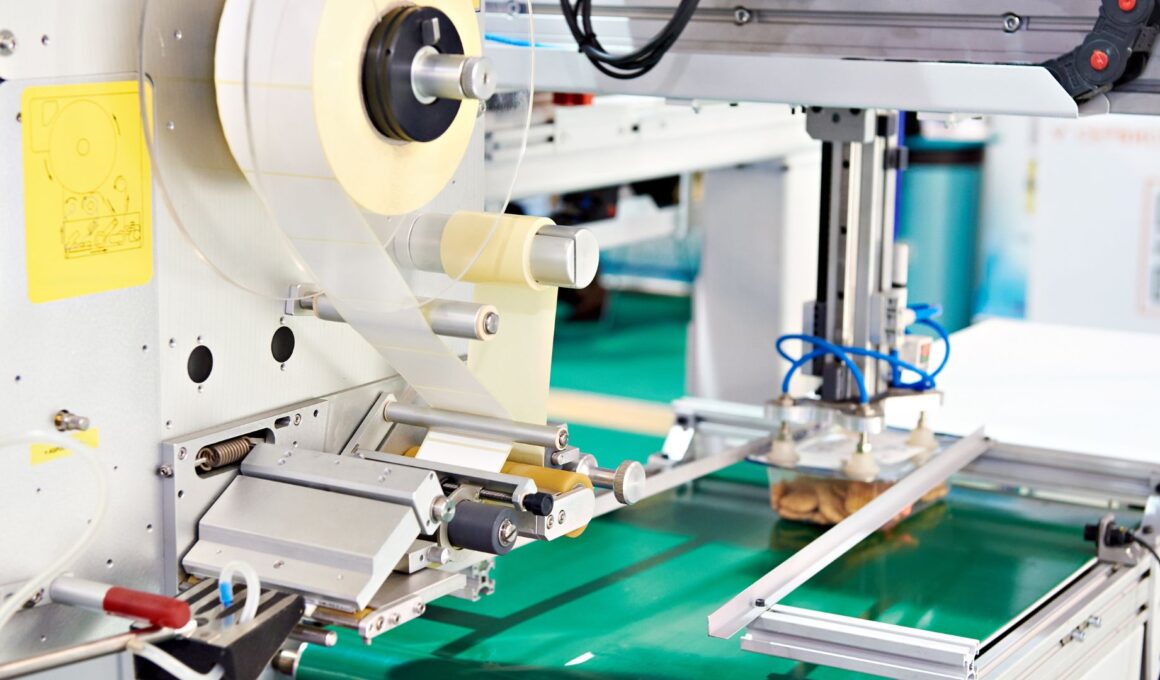In pharmaceutical manufacturing, precision and following the rules are essential. Accurate labeling and serialization of medications aren’t just about following regulations; they’re vital for patient safety. Pharmaceutical machine manufacturers play a key role by providing advanced solutions that guarantee labeling accuracy and product tracking.
Why Labeling Precision Matters
- Protecting Patients: Precise labels ensure medications have the correct information, including dosage, instructions, and expiry dates. This safeguards patients and helps them follow doctor’s orders.
- Fighting Fakes: Accurate labels are a powerful weapon against counterfeit drugs. They allow for quick and reliable verification, protecting patients from potentially harmful fakes.
- Saving Time and Money: Precision labeling reduces errors like mislabeling or needing to redo work. This translates to increased production efficiency and lower costs.
Advanced Technologies for Labeling
- High-Speed Labeling Machines: These machines, developed by pharmaceutical machine manufacturers, apply labels with incredible speed and accuracy. They use advanced sensors and vision systems to ensure labels are placed correctly, even on oddly shaped containers.
- Print on Demand Labeling: This system allows for real-time customization of labels. This ensures each medication gets the right label with accurate information, minimizing labeling errors.
- Label Inspection Systems: These systems, integrated with label applicators, use machine vision to inspect labels for defects or misprints in real-time. They can also verify printed information for even greater labeling precision.
Serialization: Tracking Every Step
- Meeting Regulations: Serialization is a mandatory requirement in many countries. It allows for tracking and tracing pharmaceutical products throughout the supply chain. This helps identify and remove counterfeit drugs from circulation.
- Authenticating Products: Serialized codes enable verification of products at various points in the supply chain, guaranteeing that only genuine medications reach patients.
- Managing Recalls: If a product needs to be recalled, serialization allows for precise identification of affected batches. This minimizes the impact on patients and reduces costs for pharmaceutical companies.
Cutting-Edge Serialization Technologies
- 2D Data Matrix and QR Codes: These codes are widely used for serialization because they can store a lot of data in a small space. They provide a unique identifier for each unit of a medication.
- Aggregation: This involves linking serialized units to higher-level packaging, like cartons or cases. This hierarchical approach allows for efficient product tracking throughout the supply chain.
- Blockchain Technology: Some pharmaceutical machine manufacturers are exploring the use of blockchain for serialization. Blockchain offers a tamper-proof and transparent record of product movements, enhancing security and traceability.
The Future of Pharmaceutical Manufacturing
Labeling precision and serialization are essential parts of pharmaceutical machine manufacturing. These technologies not only ensure patient safety and regulatory compliance but also contribute to the industry’s fight against counterfeit drugs and improve supply chain operations. As pharmaceutical regulations continue to evolve, the role of precision labeling and serialization in pharmaceutical manufacturing will only become more critical. Pharmaceutical machine manufacturers are at the forefront of developing innovative solutions to meet these evolving demands, ultimately benefiting patients and the pharmaceutical industry as a whole.






